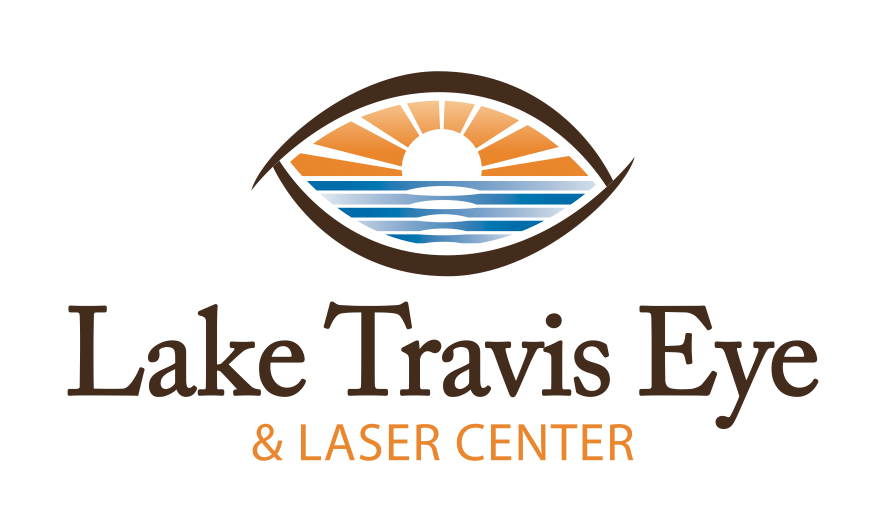
LASER LENS REPLACEMENT
The Laser Lens Replacement procedure is also known as the PRELEX or Refractive Lens Exchange. The name solely indicates the reasoning for performing the surgery. Some doctors refer to the procedure as PRELEX when it is performed on individuals (usually > 40 years old) who are wishing to decrease their dependence on reading glasses or bifocals. And some doctors refer to the same procedure as a Laser Lens Replacement or a Refractive (or clear) Lens Exchange when it is performed on a younger individual who is not experiencing symptoms of presbyopia.
This procedure is becoming more and more frequent for individuals who are wishing to decrease their dependence on reading glasses or bifocals. The procedure itself is very similar to cataract surgery. The surgery is performed in an outpatient setting. Your eye is anesthetized to ensure comfort. The surgeon will then remove your natural lens using a laser and ultrasonic vibrations through a micro-incision of 3mm or less. The natural lens is replaced with a clear foldable multi-focal or extended depth of focus intraocular lens, which is inserted through the micro-incision. Usually, no sutures are required because the micro-incision is so small that it is self-sealing. Your vision usually improves within a day. The procedure is then performed on the second eye one to two weeks later.
Laser Lens Replacement corrects vision by replacing the eye’s natural lens with a multi-focal, intraocular lens (IOL). The new implant provides both distance and near focusing powers, with the patient ultimately having minimal dependence on reading glasses or bifocals. Advances in this type of IOL has led to the spike in popularity of RLE. Sometimes, patients have early cataracts that are not considered severe enough to warrant cataract surgery. Other patients are either nearsighted, farsighted, or are experiencing presbyopia symptoms and wish to be as glasses or contacts free as possible. Some patients are not good candidates for LASIK/Kamra because of thin corneas or high levels of astigmatism. All are good candidates for RLE.
If you are interested in learning more about the Laser Lens Replacement procedure, contact us to see if you are a good candidate!
